Text
What is the hardest programming language?
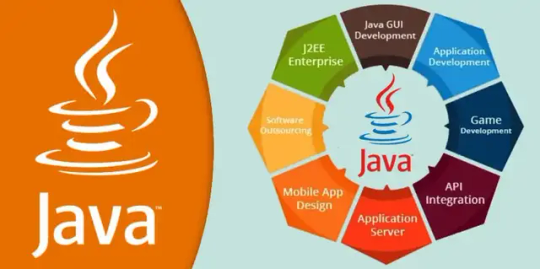
Determining the "hardest" programming language is subjective and can vary based on individual perspectives, prior programming experience, and the specific aspects of the language being considered. However, some programming languages are often considered more challenging due to their complexity, low-level features, and steep learning curves. Here are a few programming languages that are commonly perceived as challenging:
Assembly Language: Assembly languages are low-level languages that provide direct control over a computer's hardware. They require a deep understanding of computer architecture and are often complex to write and debug.
C++: While C++ offers powerful features and performance benefits, it also has complex syntax, manual memory management using pointers, and intricate object-oriented programming concepts.
Rust: Rust is designed with a strong focus on memory safety and low-level control, making it challenging to learn due to its strict ownership and borrowing rules.
Haskell: Haskell is a functional programming language known for its advanced type system and emphasis on pure functions. Its paradigm and concepts can be difficult for programmers coming from imperative languages.
Prolog: Prolog is a logic programming language with a unique syntax and a focus on automated reasoning and symbolic computation. Its paradigm can be quite different from conventional imperative languages.
0 notes
Text
Which is easy to learn Java or C++?
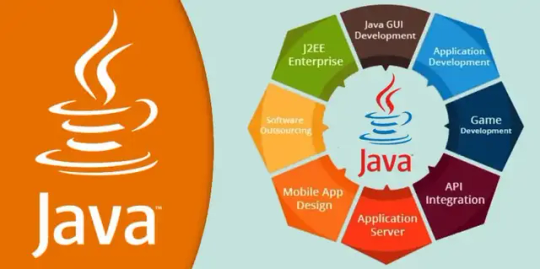
The ease of learning between Java and C++ can vary based on individual perspectives, prior programming experience, and the learning resources available. However, in general, many beginners find Java to be more beginner-friendly compared to C++. Here are some factors to consider when evaluating the ease of learning for both languages:
Java
Simplicity of Syntax: Java's syntax is generally simpler and more straightforward compared to C++. It has automatic memory management through garbage collection, which reduces the chances of certain types of memory-related errors.
Platform Independence: Java's "Write Once, Run Anywhere" principle is facilitated by the Java Virtual Machine (JVM), which abstracts the hardware and operating system specifics. This can make it easier to develop and deploy applications across different platforms.
Built-in Libraries: Java provides a rich set of standard libraries that make common tasks easier to accomplish without requiring low-level coding.
No Manual Memory Management: Java handles memory management automatically through garbage collection, relieving programmers from the burden of managing memory allocation and deallocation.
C++
Flexibility and Performance: C++ offers more control over memory and execution, which can lead to better performance. However, this flexibility can also introduce more complexity.
Manual Memory Management: C++ requires manual memory management using pointers, which can be challenging for beginners and lead to memory-related errors if not managed properly.
Complex Syntax: C++ syntax can be more complex, with features like pointers, references, and operator overloading that may require a deeper understanding to use effectively.
Platform-Dependent: C++ code can be compiled to native machine code, making it platform-dependent. This can lead to portability challenges when moving code across different platforms.
1 note
·
View note
Text
Where can I practice Java coding?
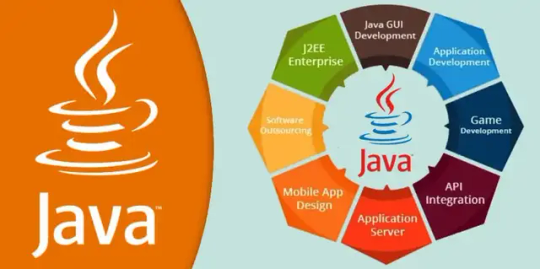
You can practice Java coding on various online platforms that offer coding challenges, exercises, and projects. Here are some popular options where you can improve your Java programming skills:
LeetCode
LeetCode provides a wide range of coding challenges and problems, including those specific to Java. It's commonly used for practicing coding skills and preparing for technical interviews.
HackerRank
HackerRank offers coding challenges, contests, and tutorials. You can find Java-specific challenges to enhance your coding abilities.
Codecademy
Codecademy offers interactive coding lessons for various programming languages, including Java. It's a great platform for beginners to learn and practice coding.
Codewars
Codewars offers coding challenges known as "kata." You can solve Java katas at various difficulty levels to sharpen your problem-solving skills.
Exercism
Exercism provides coding exercises in various languages, including Java. It focuses on improving your coding style and receiving feedback from mentors.
TopCoder
TopCoder hosts coding competitions and challenges. It's a great platform to challenge yourself and learn from other programmers.
0 notes
Text
What are the 5 steps of Java programming?
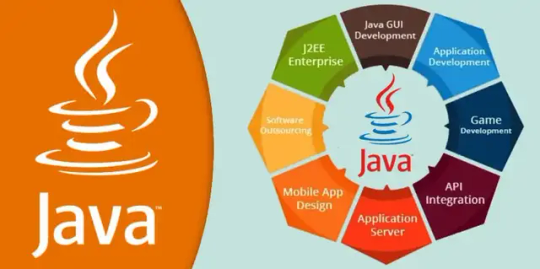
The process of java programming course involves several steps to create, compile, and run Java programs. Here are the five main steps of Java programming:
Write Java Code
Use a text editor or an Integrated Development Environment (IDE) to write your Java code. Java programs are organized into classes, with each class containing methods.
Save the Java File
Save your Java code in a file with a .java extension. The filename should match the name of the class containing the main method, which serves as the entry point of your program.
Compile the Java Code:
Open a terminal or command prompt and navigate to the directory where your Java file is located.
Compile the Java code using the Java Compiler (javac command)
javac YourClassName.java
This step generates bytecode and creates a .class file.
Run the Java Program:
After successfully compiling the Java code, you can run the program using the Java Virtual Machine (JVM):
Copy code
java YourClassName
Replace YourClassName with the actual name of your class.
View Output:
If your Java program produces output (e.g., using System.out.println()), you'll see the output displayed in the terminal or command prompt.
0 notes
Text
How do I start programming in Java for beginners?
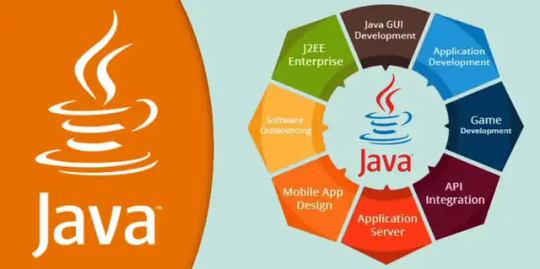
Starting programming in java full course as a beginner involves a step-by-step approach to gradually learn and understand the basics of the language. Here's a beginner's guide to help you get started:
Install Java Development Kit (JDK)
Download and install the latest version of JDK from the official Oracle website or OpenJDK. The JDK includes the Java Compiler (javac) and Java Runtime Environment (java).
Choose an Integrated Development Environment (IDE)
An IDE simplifies coding by providing features like code completion, debugging, and project management.
Popular choices include Eclipse, IntelliJ IDEA, and NetBeans. Choose one that suits your preferences.
Learn Basic Java Syntax
Understand the basic structure of Java programs: classes, methods, and statements.
Learn how to declare variables, use data types (int, double, char, boolean, etc.), and perform basic arithmetic operations.
Write Your First Java Program
Create a simple "Hello, World!" program to familiarize yourself with the basic structure of a Java program.
Define a class with a main method and use the System.out.println() statement to print text to the console.
Understand Control Structures
Learn about if, else if, and else statements for making decisions.
Explore loops: for, while, and do-while for repetitive tasks.
0 notes
Text
What is the basic fundamental of Java?
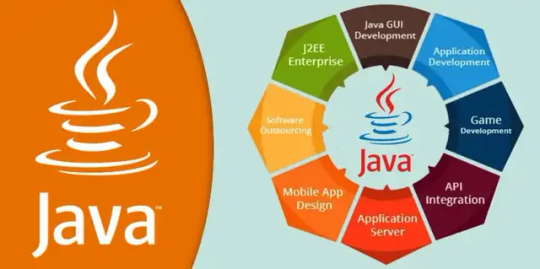
The basic fundamentals of java programming course are the foundational concepts that form the core of the language. Understanding these fundamentals is crucial for writing Java programs and building a strong foundation for more advanced topics. Here are the key basic fundamentals of Java:
Syntax and Structure
Java programs are structured into classes, which serve as blueprints for objects.
Each class can contain methods (functions) that perform specific tasks.
Data Types and Variables
Java has primitive data types (e.g., int, double, char, boolean) for storing basic values.
Variables are used to store data of specific types, and they must be declared before use.
Operators
Arithmetic operators (+, -, *, /, %) for mathematical operations.
Comparison operators (==, !=, <, >, <=, >=) for comparisons.
Logical operators (&&, ||, !) for logical operations.
Control Structures
Conditional statements (if, else if, else) for making decisions based on conditions.
switch statements for multiple branching options.
Loops (for, while, do-while) for iterative execution.
Object-Oriented Programming (OOP)
Java is an object-oriented programming language.
Programs are built around classes and objects.
Objects encapsulate data and behavior.
0 notes